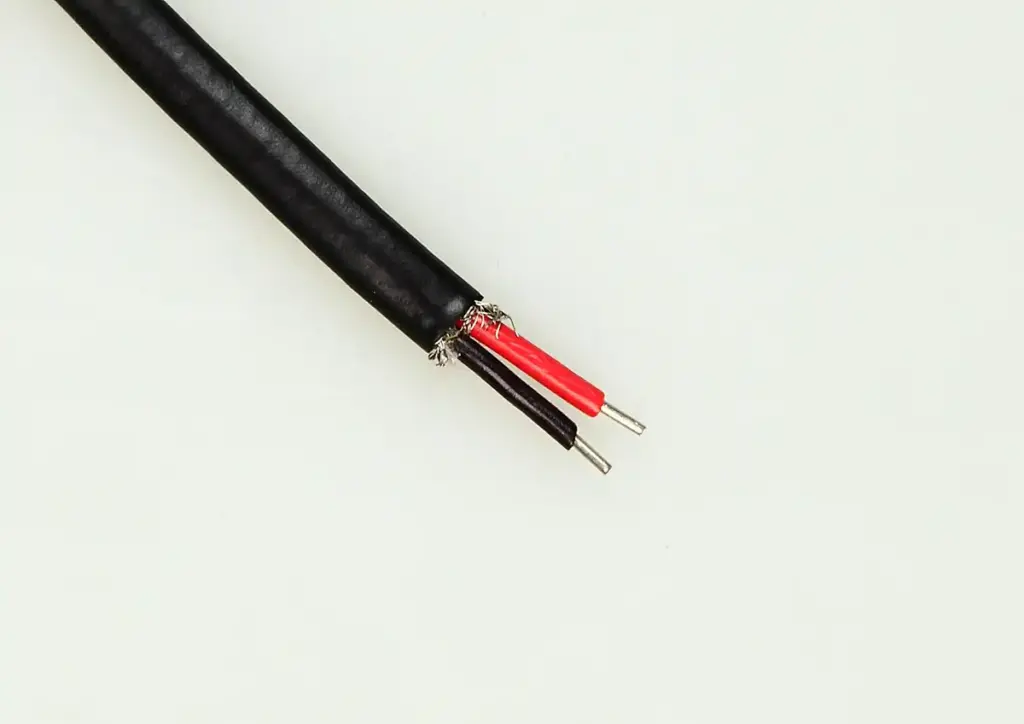Silicone wire is a highly versatile and functional type of wiring commonly used in various electrical and electronic applications. This particular wire is known for its excellent insulation properties and superior flexibility, which makes it an ideal choice for challenging environments and demanding applications. Silicone wire is the silicone rubber used as the insulation material surrounding the conductive core, typically made of copper. This article delves into the myriad uses of silicone wire and its advantages, emphasizing its significance in modern wiring solutions.
Exceptional Thermal Resistance
One of the primary reasons silicone wire is so widely used is its exceptional resistance to extreme temperatures. Silicone-insulated wires can typically sustain temperatures ranging from -60 °C to 200°C. This makes them a preferred choice in environments exposed to high heat levels, such as in the aerospace, automotive, and industrial sectors where thermal stability is necessary.
Flexibility and Durability
Another significant feature of silicone wire is its flexibility. Silicone’s inherent elasticity allows the wire to bend and twist without cracking or losing its insulation capabilities. This flexibility is beneficial during installation and when wiring may need navigating around tight spaces and corners. Still, it is also vital for applications involving moving parts, such as robotics and machinery.
Durability is also a hallmark of silicone wire, as it is resistant to ageing, weathering, UV rays, and even certain chemicals. Consequently, silicone wire tends to have a long service life, reducing the need for frequent replacements and maintenance, which is advantageous from a cost-efficiency standpoint.
Electrical Performance and Safety
Silicone wire also excels in electrical performance. Its excellent dielectric strength makes it safe for high-voltage applications, and its low dielectric constant helps minimize signal loss in communication lines. Moreover, its insulation properties help prevent electrical mishaps, which is crucial for ensuring safety in electrical circuits.

Versatility of Applications
The versatility of silicone wire allows it to be used across a wide range of applications. Some common examples include
Internal wiring of appliances: Its heat resistance makes it perfect for wiring in ovens, toasters, and other heat-generating appliances.
Medical equipment: Silicone wire is often used in medical devices due to its non-toxicity, sterility, and biocompatibility.
Automotive wiring: The automotive industry uses silicone wire for wiring in engines and other high-temperature compartments.
Lighting Silicone wire is used in LED lighting installations, mainly in outdoor or industrial settings.
Aerospace: Aircraft wires must withstand significant temperature fluctuations, making silicone wire indispensable.
In conclusion, silicone wire’s unparalleled thermal resistance, flexibility, durability, and safety profile make it an indispensable asset in various industries and applications. As technology continues to evolve, the demand for reliable and versatile wiring solutions like silicone wire is expected to grow, further cementing its role in the future of electrical and electronic engineering. This extensive range of applications and outstanding properties underscores why silicone wire remains popular for professionals looking for high-quality wiring solutions.


